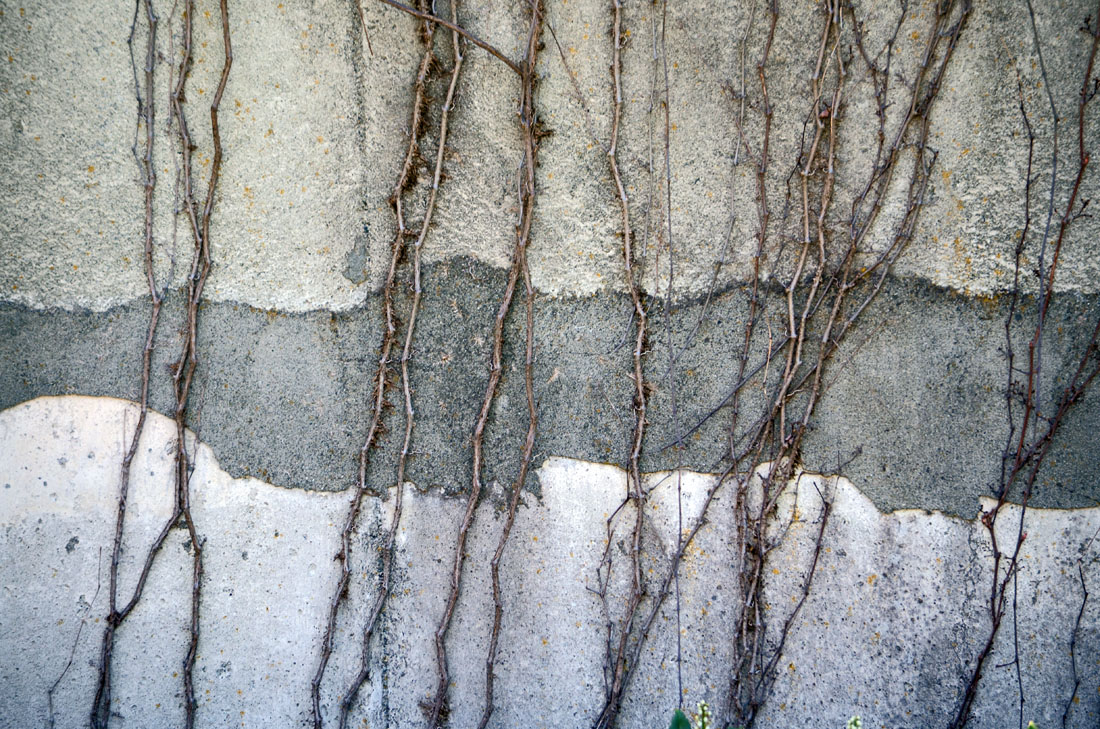Sara Jacobovici – Our Linear Journey
In our linear journey as members of a Jewish people on our way to becoming a Nation, we are being asked at this time of year to act us if we are slaves in Egypt. Passover, as Rosh Hashanah, is referred to as a holiday of remembrance. In this way, we are to remember what it was like for us to be slaves and, through the storytelling at Seder, how we came “out of a narrow place”.
Slavery is a state in which we can be physically psychologically, or spiritually. It is a state which knows no geographical or temporal boundaries. We can be slaves to others, objects or ourselves; our thoughts or feelings. In this way, it is not a stretch to remember or imagine being slaves as we are in different ways and at different times of our lives.
The opposite state of slavery is referred to as freedom. I suggest however that opposites don’t exist, we create them. We do so in order to make sense of who we are and who we are in relation to others and our environment.
Opposites attempt to simplify a complexity. The complexity lies in the area between the opposites; that grey area between the black and white. But that grey area is a blending place; elements from the black and elements from the white move to blend into the grey. I use the word move intentionally because that is what prevents opposites from becoming a reality; movement.
Movement is the key to life as we know it; where there is life, there is movement.
As a people we moved out of that narrow place and wondered for forty years. We were never in one state in isolation of the other; we were always moving in the blended place where our understanding and experience of slavery, to what, to whom, and freedom, from what, can be distinguished and learned.
Our biblical bridge from slavery to freedom.
I think I am beginning to understand why bridges are never mentioned in Torah. Bridges are defined as “a structure built to span physical obstacles without closing the way underneath such as a body of water, valley, or road, for the purpose of providing passage over the obstacle.” As a people in biblical times we have always gone through our obstacles or moved around them. The splitting of the sea is the best example of the process our people needed to move through towards establishing ourselves as a nation.
Exodus, Chapter 14:
| 21And Moses stretched out his hand over the sea, and the Lord led the sea with the strong east wind all night, and He made the sea into dry land and the waters split. | כאוַיֵּ֨ט משֶׁ֣ה אֶת־יָדוֹ֘ עַל־הַיָּם֒ וַיּ֣וֹלֶךְ יְהֹוָ֣ה | אֶת־הַ֠יָּ֠ם בְּר֨וּחַ קָדִ֤ים עַזָּה֙ כָּל־הַלַּ֔יְלָה וַיָּ֥שֶׂם אֶת־הַיָּ֖ם לֶחָֽרָבָ֑ה וַיִּבָּֽקְע֖וּ הַמָּֽיִם: | |
| 22Then the children of Israel came into the midst of the sea on dry land, and the waters were to them as a wall from their right and from their left. | כבוַיָּבֹ֧אוּ בְנֵֽי־יִשְׂרָאֵ֛ל בְּת֥וֹךְ הַיָּ֖ם בַּיַּבָּשָׁ֑ה וְהַמַּ֤יִם לָהֶם֙ חוֹמָ֔ה מִֽימִינָ֖ם וּמִשְּׂמֹאלָֽ |
Can this be the description of a biblical bridge; a bridge created by manipulating two opposites and creating the passage of dry land where the waters split, with the walls of water on each side providing the structural support needed to get us across; from slavery to freedom?
“Everything can be taken from a man but one thing: the last of the human freedom—-to choose one’s attitude in any given set of circumstances, to choose one’s own way.” – Viktor Frankl
A bridge found in Tehillim.
When we read David’s Tehillim today, we can still identify with his battles against his foes. We do battle with our foes both internal and external throughout our lives. In Psalm 27, I seem to find a bridge constructed by David when he writes:
| יג לוּלֵא–הֶאֱמַנְתִּי, לִרְאוֹת
בְּטוּב-:ה’ בְּאֶרֶץ חַיִּים. |
13 Had I not trusted that I would see the goodness of Hashem in the land of life! |
| יד קַוֵּה, אֶל-ה’ָ: חֲזַק, וְיַאֲמֵץ לִבֶּךָ; וְקַוֵּה, אֶל-ה’. | 14 Hope to Hashem; strengthen yourself and He will give you courage, and hope to Hashem. |
The place is trust, the passage is strength and the walls of support are hope.
Pesach Sameach!
I would like to dedicate this blog to my Torah teacher Gina Junger. With much gratitude.
Born in Israel, grew up in Montreal, Canada, studied in the States, worked in Toronto, Canada, and made Aliyah in 2009. Sara Jacobovici is a 30 year veteran in the health and mental health fields as a Creative Arts Psychotherapist. She lives and works in Ra’anana, Israel. Sara specializes in the use of the creative arts in assisting you to verbalize what is beyond words and to re-view the script you presently use in a new light. Sara reconnects individuals with their first language, creativity. http://www.arts-
Pics: fowards.com and erikbuys.wordpress.com









